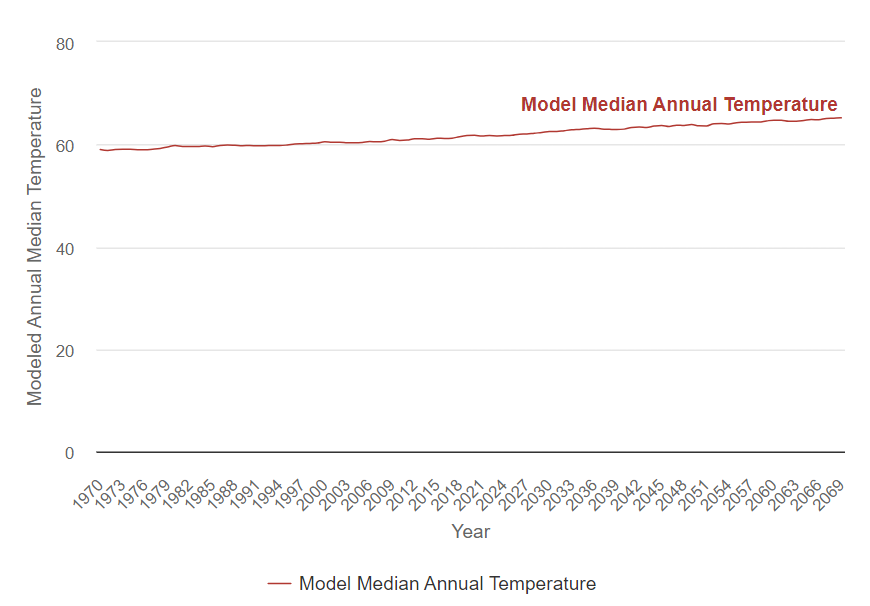Hey Danvers! Today, we are talking about an important topic for the warming weather: extreme heat.
More intense and frequent weather events, such as extreme heat, storms, and flooding, can all have an impact on our health and well-being. Extreme heat is already impacting Danvers. This trend will only continue to worsen as climate change cranks up temperatures in the Northeast.
Median annual temperatures in Essex County are projected to rise over 5 degrees between 1970 and 2069.

In fact, Essex County can expect to see up to 38 more extreme heat days by 2050.
Extreme heat can be dangerous and even deadly for human health. This is especially the case for certain groups such as seniors, youth, or people with pre-existing health conditions or disabilities.
In 2017, there were 83 ER visits for heat stress in Essex County, according to the Massachusetts Department of Public Health.
As temperatures rise, Danvers residents must equip themselves with the resources and tools to protect themselves and their community from extreme heat. Use these resources:
Prepare for Extreme Heat Before It Hits
Use these tips from Ready.gov:
Do not rely on a fan as your primary cooling device. Fans create air flow and a false sense of comfort, but do not reduce body temperature or prevent heat-related illnesses.
Identify places in your community where you can go to get cool such as libraries and shopping malls or contact your local health department to find a cooling center in your area.
Cover windows with drapes or shades.
Weather-strip doors and windows.
Use window reflectors specifically designed to reflect heat back outside.
Add insulation to keep the heat out.
Use a powered attic ventilator, or attic fan, to regulate the heat level of a building’s attic by clearing out hot air.
Install window air conditioners and insulate around them.
If you are unable to afford your cooling costs, weatherization or energy-related home repairs, contact the Low Income Home Energy Assistance Program (LIHEAP) for help.
Stay Safe During Extreme Heat Events
Use these tips from Ready.gov:
Never leave people or pets in a closed car on a warm day.
If air conditioning is not available in your home go to a cooling center.
Take cool showers or baths.
Wear loose, lightweight, light-colored clothing.
Use your oven less to help reduce the temperature in your home.
If you’re outside, find shade. Wear a hat wide enough to protect your face.
Drink plenty of fluids to stay hydrated.
Avoid high-energy activities or work outdoors, during midday heat, if possible.
Check on family members, older adults and neighbors.
Watch for heat cramps, heat exhaustion and heat stroke.
Consider pet safety. If they are outside, make sure they have plenty of cool water and access to comfortable shade. Asphalt and dark pavement can be very hot to your pet’s feet.
Know the Signs of Heat-Related Illness
Use this CDC tip sheet to spot and treat heat-related illness:

Thanks for reading! Check out our Resilient Danvers Public Health and Safety page for more information on extreme heat and climate resilience.
Previous Post
Earth Day 2024
Next Post
Top 5 Tips to Stay Sustainable This Summer in Danvers

